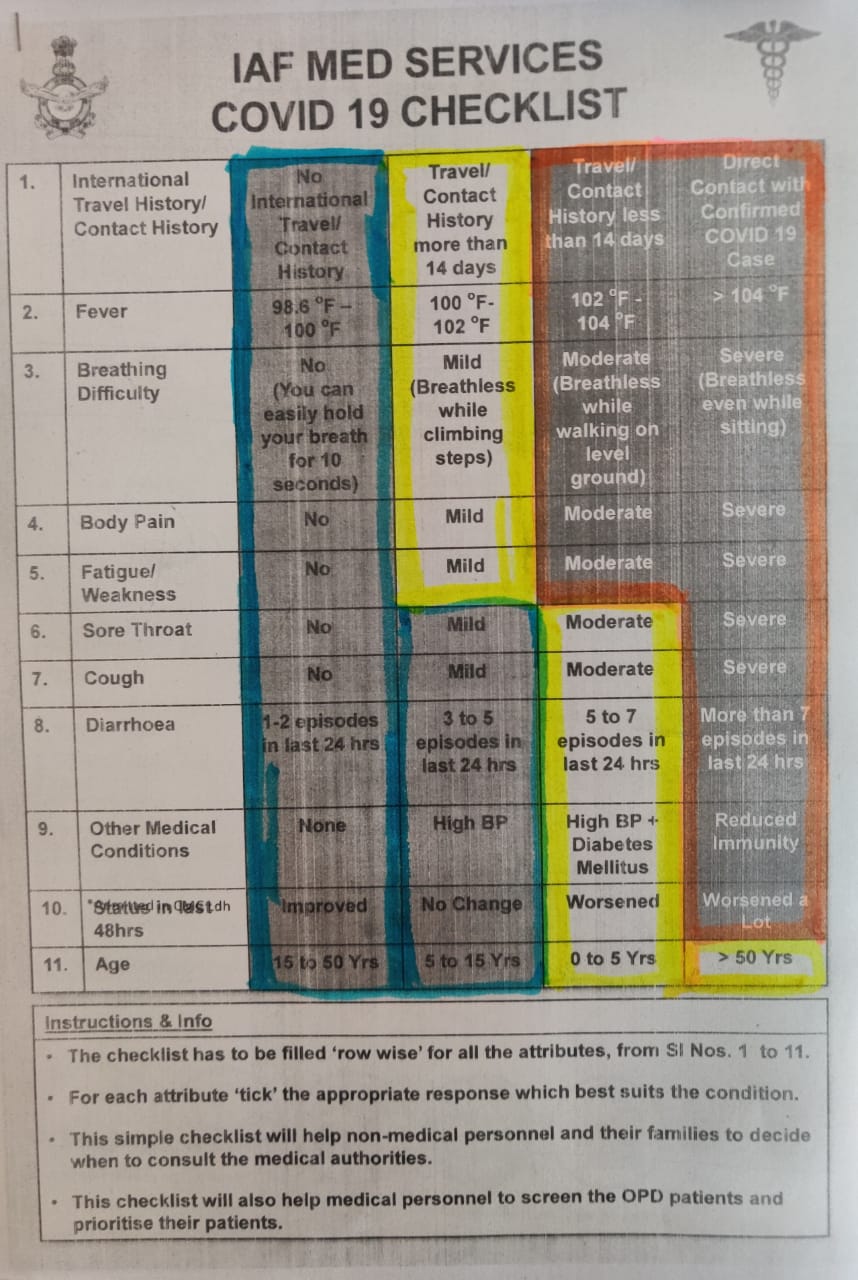In this era of Corona panic and fear, there is a lot of confusion and misconceptions existing regarding the use of masks, not only amongst the laypersons but also among the health care providers.
On one hand, masks are not available for the risk group while on another hand, who are not at risk, spending unnecessary money and energy to procure these masks.
Hope this questionnaire would improve the understanding of the various types of commonly used masks and clarify the proper indications of use.
Q1 ... What are the common types of masks?
Ans...
1 Cloth mask
2 Surgical mask
Q2... What are the Respirators?
Ans.
N- 95
N- 99
N- 100
are the respirators
Q3.. What is the difference between mask and respirator?
Ans.. Mask has a loose fit, it doesn't seal nose and mouth snugly. During respiration air moves along the edges of the mask, while the respirator has a tight seal and most of the time's air passes only through its material after filtration.
Q4... Are all respirator masks are the same?
Ans... No, respirators are graded according to their filtration efficiency.
According to the used filter type
According to the type of materials used
And additional features
They are of different types.
Q5... what is the efficiency grading?
Ans... According to the efficiency of filtration these are usually graded as- 95, 99 and 100
This means these respirator masks are capable of traping 95%, 99% and 99.9% of particles, smaller up to the 0.3-micron size.
This grading can also be done as
P1 (FFP1) - 80%
P2 (FFP2) - 95%
P3 (FFP3) - 99.95%
Filtration efficiency.
Q.6.. What is the N,R or P meaning written over the mask
Ans...
N - not oil-proof
R- oil resistant
P- oil-proof
(Eg. N 95 is not oil proof).
Q7. Few respirator masks have a valve, what is that?
Ans.. That valve is nothing but a simple exhalation port with one-way valve mechanism, it reduces the effort of expiration, reduces heat inside the mask, dissipate humidity and reduces co2 the amount of from the dead space of mask.
Q.8.. When to use surgical masks?.
Ans... Surgical mask or procedure mask is the most common mask used by health workers.
It is not designed to protect the wearer from inhaling the air born bacteria and viruses.
It is used to block only large-particle droplets, splashes, sprays or splatter.
It also reduces the exposure of the wearer's saliva and respiratory secretions to others. The surgical mask also reminds wearer not to touch their mouth/nose which could otherwise transfer virus/bacteria after having touched a contaminated surface.
Q9... What is the filtration capacity of a surgical mask?
Ans... It can vary between 10-90% according to the manufacturer.
Q..10.. How one can assure about the quality of the mask?
Ans.. Mask should be certified by the
NIOSH (National institute for occupational safety and health)
Or
NPPTL (National personal protective technology laboratory)
Q.11... Does the cloth mask effectively?
Ans. The cloth is a woven material thus pore size is bigger than a surgical mask which is made up of nonwoven polypropylene material thus cloth mask is less effective than the surgical mask in terms of filtration efficiency.
Q..12 ... Does the extra layer improve the efficacy of the cloth mask?
Ans.. No, it's not advisable. Each extra layer adds only 2% of extra protection on the cost of comfort.
Q.13... Can surgical/cloth mask be used routinely?
Ans. Yes, these can be used routinely.
Few studies done on the normal population concluded that the use of simple masks can decrease the incidence of flu up to 75%.
Few east Asian countries following this practice of routine use of a mask.
Q.14. Can mask be reused?
Ans. -Cloth mask can be reused after washing
- The surgical mask should be discarded after a single use or after soiled
- Respirator mask should be discarded when the resistance of breathing gets increased or gets soiled.
Viruses/bacterias can grow and flourish inside the reused mask.
Q..15.. what are the WHO recommendations for using masks?
Ans... - For the normal population, any type of mask is not required, maintaining the social distance and hand hygiene is sufficient.
- The sick person should wear a surgical mask.
- Any person who is taking care of a sick person should also wear a surgical mask.
- N 95 mask should be used by the person who is the potential to get exposed to the respiratory secretions of the infected patient eg. During the Endotracheal intubation, CPR, Ventilation, Bronchoscopy, and Tracheostomy, etc.
Get free
Indian share market tips newsletter in email and make use of our
best intraday tip to make money in the stock market.




















































 Join 12,86,317 Smart Traders. Enter Email for Free Stock Tips. Instant Activation.
Join 12,86,317 Smart Traders. Enter Email for Free Stock Tips. Instant Activation.
